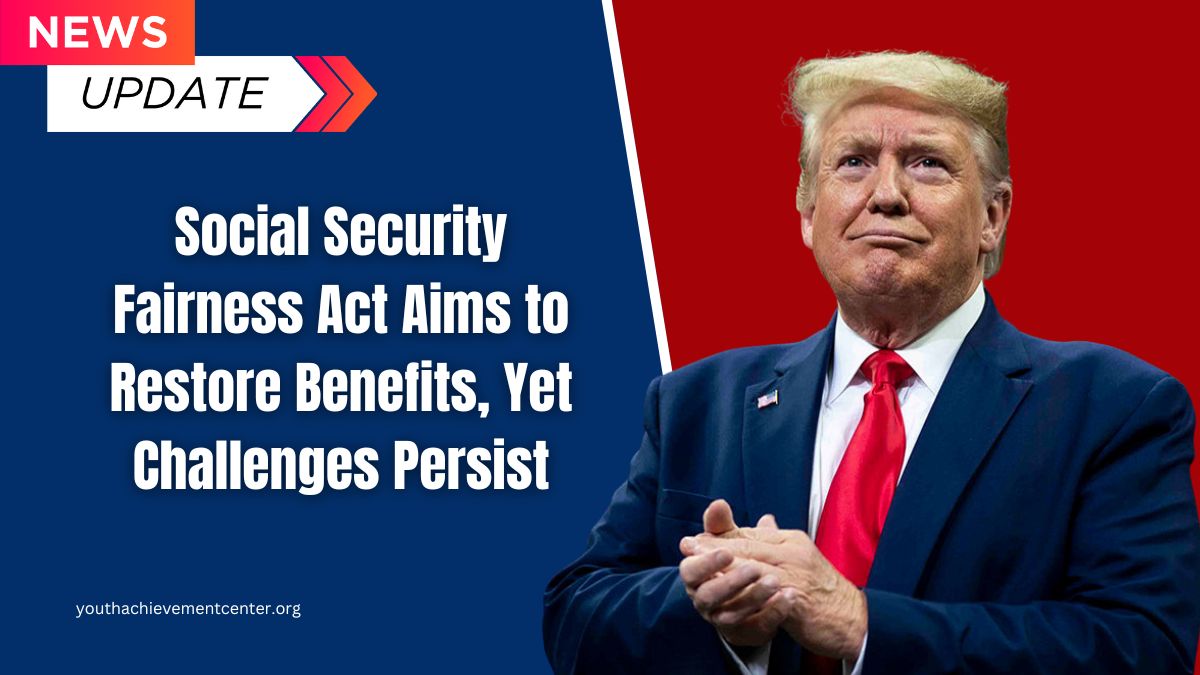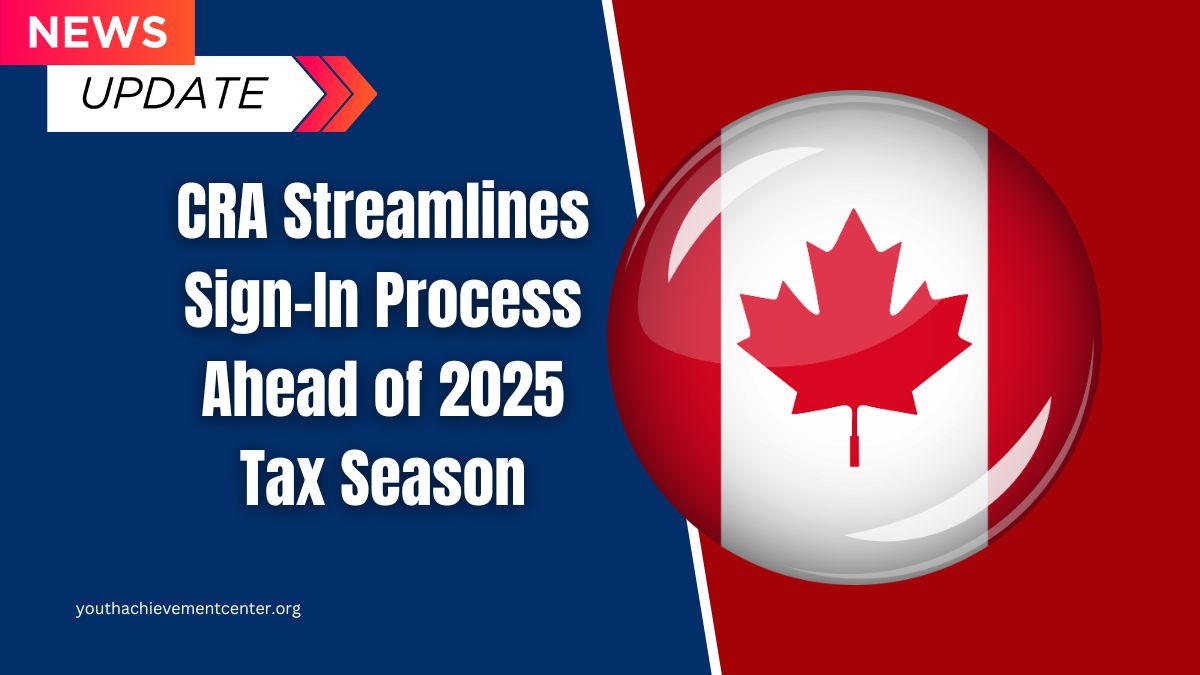At 84 years old, Evelyn Paternostro works part-time as a cashier at Dollar Tree to make ends meet. For decades, she served as a dedicated teacher and principal in Louisiana. Despite her lifelong public service, she now struggles financially.
“People often ask me, ‘Are you doing this for fun? Why aren’t you retired?’” Paternostro said. Her answer is simple: “Because I need to eat.”
After her husband passed away, she was shocked to discover she couldn’t collect his Social Security benefits due to the Windfall Elimination Provision (WEP) and Government Pension Offset (GPO)—federal policies that significantly reduce or eliminate Social Security payments for certain public servants.
“I was blindsided,” she admitted. “I knew I had my teacher’s retirement benefits, but I never thought about how my husband’s income would affect me.”
Who Is Affected by WEP and GPO?
The Windfall Elimination Provision (WEP) and Government Pension Offset (GPO) collectively affect approximately 2.8 million Americans. These provisions target individuals who receive public pensions from jobs that did not pay into Social Security. Key groups impacted include:
- Teachers
- Firefighters
- Other public servants
States most affected include 13 states where teachers are impacted and 26 states where public employees face reductions. For example:
| State | Impacted Employees |
|---|---|
| Massachusetts | Teachers only |
| Rhode Island (some areas) | Teachers only |
| Kentucky and Georgia | Certain districts only |
Introduced in the 1980s, these policies aimed to prevent individuals from “double-dipping” into both federal pensions and Social Security benefits.
Windfall Elimination Provision: Reducing Payments for Public Servants
The WEP impacts individuals who qualify for Social Security benefits from one job while also receiving a pension from another job where Social Security taxes were not deducted. This policy can reduce Social Security payments by up to half the value of the pension.
Case Study: Michelle Cosgrove
Michelle Cosgrove began her career as a paralegal, contributing to Social Security. Later, she worked as a teacher in California, paying into the California State Teachers’ Retirement System (CalSTRS). When she retired, her Social Security benefits were slashed from $1,158 to $601 per month due to WEP.
Her reduced benefits made it challenging to cover living expenses. “If I had known this, I might have chosen a different career,” she said.
Government Pension Offset: Stripping Survivors of Benefits
The GPO further complicates the situation by reducing or eliminating survivor benefits for individuals who receive public pensions. This disproportionately impacts widows and widowers, particularly women, who make up 83% of those affected, according to the Congressional Research Service.
Case Study: A Widow’s Struggle
After her husband Mike passed away, Cosgrove faced additional financial challenges. Mike worked in the private sector and contributed to Social Security, but the GPO barred her from accessing most of his benefits.
“If I had stayed home and done nothing, I’d have gotten all the money,” Cosgrove remarked bitterly. “It’s unfair.”
Financial Losses and Emotional Toll
For many, the financial repercussions of WEP and GPO are staggering. Evelyn Paternostro estimated she would have received $2,500 per month in Social Security benefits, totaling nearly $300,000 over a decade.
Similarly, retired school psychologist Dede Ruel from Illinois experienced another devastating consequence of these policies. After being informed she owed $13,000 in overpayments, her Social Security payments were slashed by 21%. Despite repeated appeals, she faced denial at every level.
Overpayments and Systemic Issues
According to CBS News analysis, WEP and GPO are significant contributors to Social Security overpayments, amounting to over $450 million between 2017 and 2021. The Social Security Administration (SSA) admitted there is room for improvement, stating that employers are required to disclose the potential effects of WEP and GPO to new hires.
Bipartisan Push for Change: The Social Security Fairness Act
The Social Security Fairness Act, one of the most bipartisan bills in Congress, seeks to repeal WEP and GPO. The House passed the legislation, and the Senate is expected to vote on it soon. However, critics argue that repealing these provisions would cost the Social Security system $200 billion over the next decade.
Supporters counter that these policies unfairly penalize public servants. Rep. Garret Graves, a key proponent of the bill, emphasized that benefits should align with what individuals have paid into the system.
Financial Tools and Future Projections
Financial planner Devin Carroll advises clients to use the Social Security Administration’s WEP calculator, which helps estimate benefits factoring in WEP reductions. Carroll noted that calculating future benefits involves navigating bend points, which adjust annually based on wage inflation.
By addressing these policies, lawmakers hope to resolve a decades-long issue affecting millions of hardworking Americans. Whether through legislative action or systemic reforms, the debate over WEP and GPO continues to shape the future of Social Security.
FAQs
What are the Windfall Elimination Provision (WEP) and Government Pension Offset (GPO)?
The WEP reduces Social Security benefits for individuals receiving public pensions from non-Social Security-taxed jobs. The GPO affects survivors’ benefits for individuals with public pensions, often eliminating spousal or survivor benefits.
How many people are impacted by these policies?
Approximately 2.8 million Americans, including teachers, firefighters, and other public servants in 26 states, are affected.
Why were these policies introduced?
WEP and GPO were enacted in the 1980s to prevent individuals from receiving full benefits from both Social Security and public pensions, which could lead to “double-dipping.”







